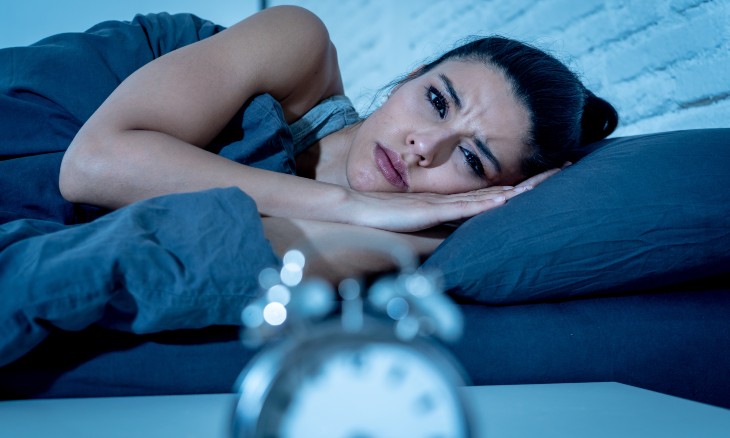
Bayhealth Doesn't Snooze on Sleep Apnea
Sleep apnea is stressful on your body – especially your heart. And it can cause other pesky symptoms like difficulty concentrating or frequent trips to the bathroom in the middle of the night – and it exacerbates symptoms of diabetes. At Bayhealth, most patients admitted to our hospitals are screened within 24 hours for sleep apnea. With more than 22 million American’s suffering from the chronic respiratory disorder, we’re proactively improving the health of our community.
Sleep apnea is a disorder that causes people to repeatedly stop breathing while sleeping. If you find yourself snoring loudly at night while sleeping, or your partner tells you that you stop breathing in your sleep, or you’re experiencing daytime fatigue and drowsiness, you may be at risk.
Bayhealth Respiratory Therapy Navigator Elizabeth Hurley, RRT, AE-C, and Sleep Navigator Teddy Kruppa, RRT, RPSGT, perform the screenings and connect patients for further assessments and treatment.
Hurley and Kruppa use a screening questionnaire called, STOP-BANG. Patients who answer “yes” to 0-2 questions are at low risk, those who answer “yes” to 3-4 questions are at intermediate risk, and those who answer “yes” to 5-8 questions are at a high risk. While the screening questionnaire seems straightforward, it takes a trained medical professional to give accurate results and create an appropriate treatment plan.
Patients are asked to answer the following questions as part of the STOP-BANG assessment:
- Do you Snore loudly?
- Do you often feel Tired, fatigued, or sleepy during the day?
- Has anyone Observed you stop breathing or choking/gasping during your sleep?
- Do you have or are you being treated for high blood Pressure?
- Is your Body mass index more than 35?
- Are you Age 50 or older?
- Is your Neck size larger than 17” (male) or 16” (female)?
- Gender – males are at greater risk.
Once the assessment is completed, Hurley and Kruppa educate patients on the risks of sleep apnea if left untreated and recommend further testing – such as a sleep study. The team even works with patients to get insurance approvals and schedules the testing at one of Bayhealth’s Sleep Centers. With six locations throughout Delaware, patients have convenient access close to home.
And Hurley helps patients who were previously diagnosed with sleep apnea get access to the proper equipment. It’s not uncommon for some to not have access to the CPAP and BIPAP machines they need to have constant and steady air pressure to help them breathe while they sleep. Together the pair have helped countless patients get the safe sleep they need.
Don’t delay – talk to your primary care physician to get a referral to a Bayhealth Sleep Center. Visit Bayhealth.org/Find-A-Doctor or call 1-866-BAY-DOCS (229-3627) to find a primary care physician.
